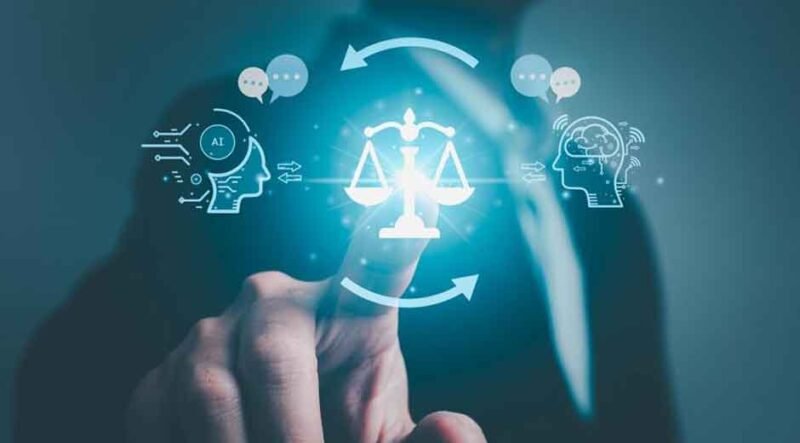
The legal profession is undergoing rapid transformation as artificial intelligence reshapes everyday practice. Advanced systems are improving accuracy, streamlining research, and helping professionals focus on higher-value work. Firms that embrace new technology are finding more efficient ways to serve clients while maintaining strong standards.
AI legal platforms use natural language processing, predictive analytics, and secure data management to support attorneys and paralegals. These tools review contracts, analyze case law, and identify critical insights faster than manual methods. For professionals new to these systems, they provide a practical path to stronger outcomes.
The Foundation of Modern Legal Systems
Artificial intelligence has moved from theory into the daily routines of law offices. These systems combine data analysis with advanced processing methods to support essential tasks. Legal professionals new to this area will find that modern platforms do far more than basic automation. They can summarize complex texts, identify relevant case law, and highlight important details that may be overlooked. For newcomers, the first step is learning the core functions. Understanding terminology, tools, and features ensures smoother use. Once familiar, professionals can integrate these platforms into their work with confidence.
AI in Legal Research and Document Review
One of the most valuable applications of AI lies in research and documentation. Professionals traditionally dedicate many hours to these tasks. Intelligent systems reduce that workload while maintaining precision and consistency.
Key advantages include:
- Fast analysis of large volumes of legal texts.
- Automated checks for contract accuracy.
- Identification of relevant precedents.
- Drafting assistance with accurate citations.
These improvements create more time for client engagement and strategy planning. For professionals new to this software, the gains become evident quickly after adoption.
AI for Case Strategy and Client Services
Modern AI systems do more than assist with background tasks. They actively strengthen legal strategies and client outcomes. Their predictive models and automated reporting features give practitioners an edge when preparing for proceedings.
Support for Legal Strategies
AI strengthens case preparation through predictive analysis. It identifies trends from past rulings, highlights possible outcomes, and offers suggestions for stronger arguments. These insights help professionals refine their approach before entering the courtroom.
Enhancement of Client Engagement
Client communication improves with AI-assisted tools. Chat interfaces and automated updates help maintain transparency, while tailored insights provide greater clarity. Legal professionals can deliver services more effectively, building stronger trust in the process.
Practical Benefits in Daily Legal Workflows
Incorporating AI into routine practice provides noticeable improvements across several areas. These tools are not abstract concepts. They actively save time and reduce administrative strain.
Core benefits include:
- Simplified case management with automated scheduling.
- Enhanced accuracy in document drafting.
- Quicker compliance checks.
- Streamlined billing and record-keeping.
Each feature contributes to smoother operations within a law office. As adoption increases, professionals report measurable gains in both efficiency and client satisfaction.
Ethics and Data Protection in Legal Technology
Legal professionals must remain mindful of the ethical use of new technology. Trust is central to the profession, and AI systems should support rather than replace human judgment. Security protocols are equally important, ensuring sensitive data is protected at every stage. Building confidence involves selecting reliable platforms, applying firm policies, and maintaining oversight. Data encryption and compliance monitoring remain essential safeguards when integrating digital tools. Legal professionals who balance innovation with responsibility will create a stronger and more sustainable practice.
AI tools are no longer distant innovations. They are practical allies for legal professionals entering the digital age. Exploring their functions and adapting them into daily tasks creates stronger firms and more satisfied clients. For those considering AI legal systems, the time has arrived to adopt them responsibly and effectively. Embrace the tools, integrate them with confidence, and build a practice prepared for future challenges.

